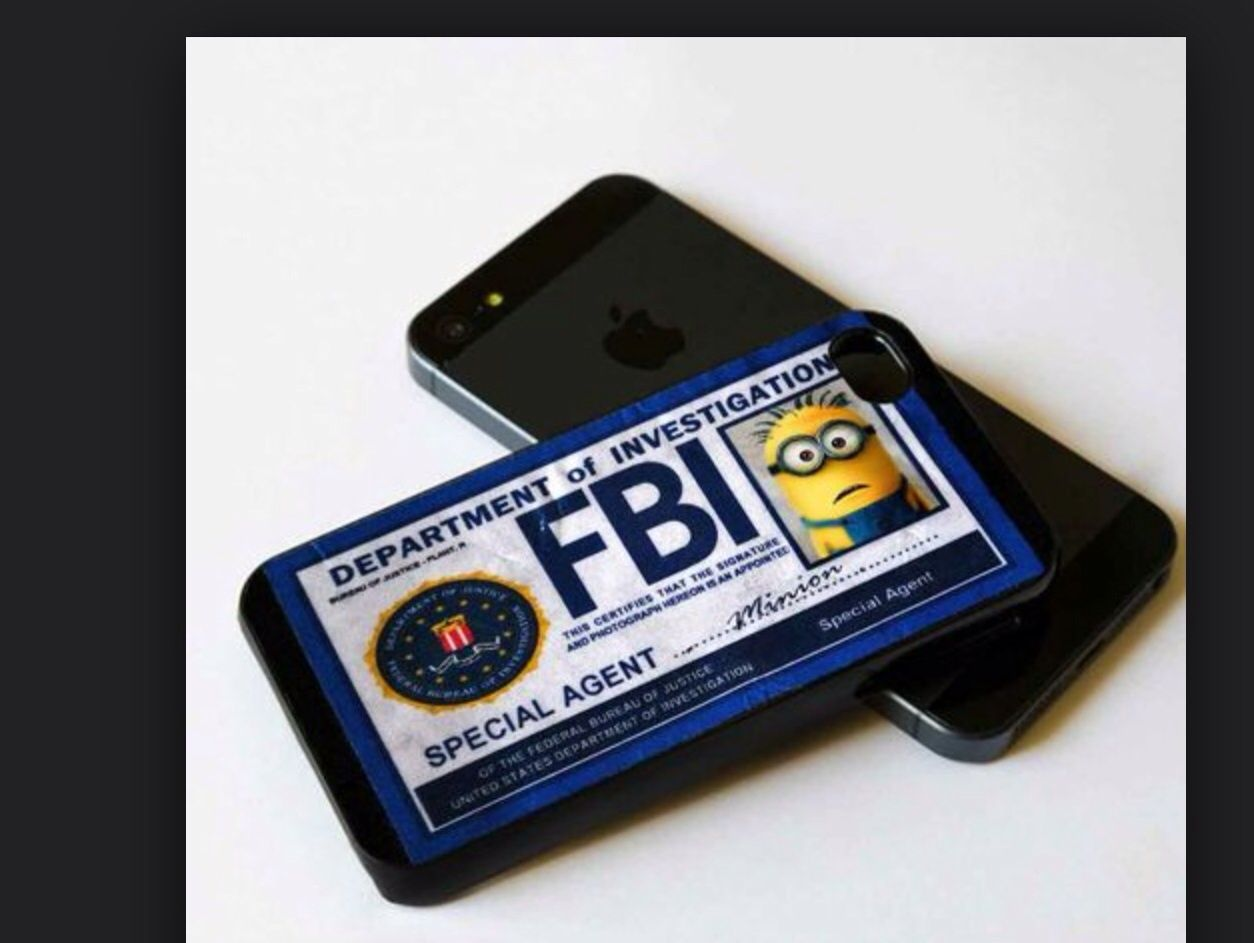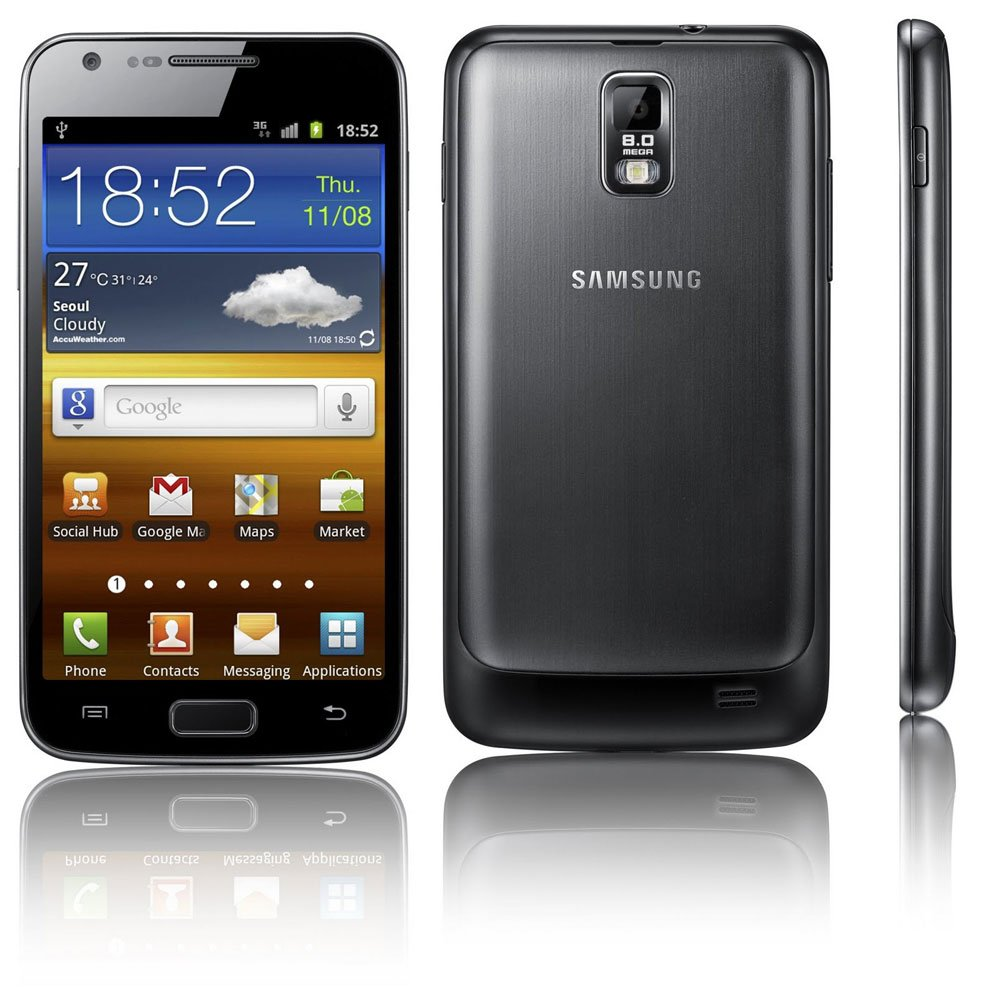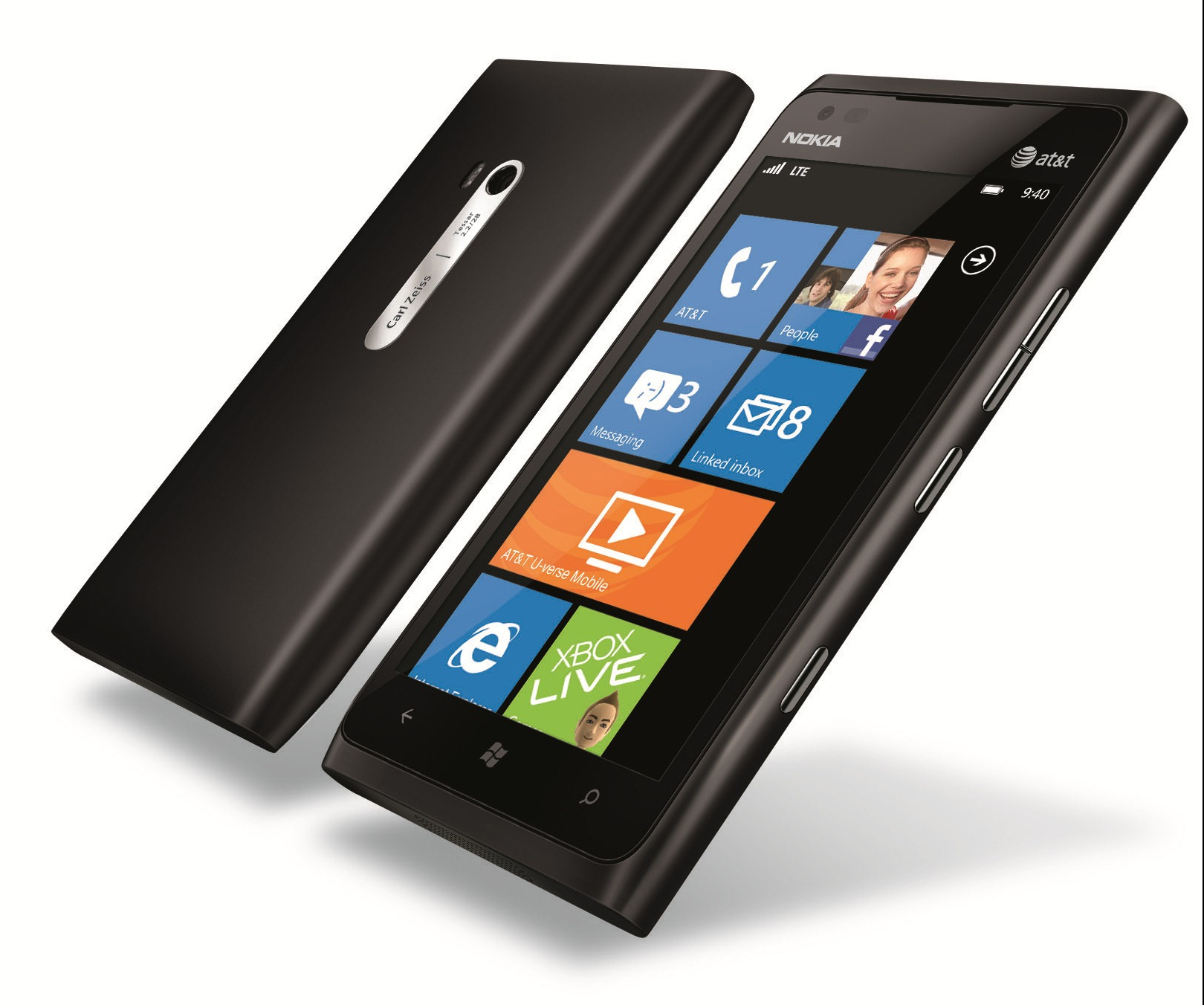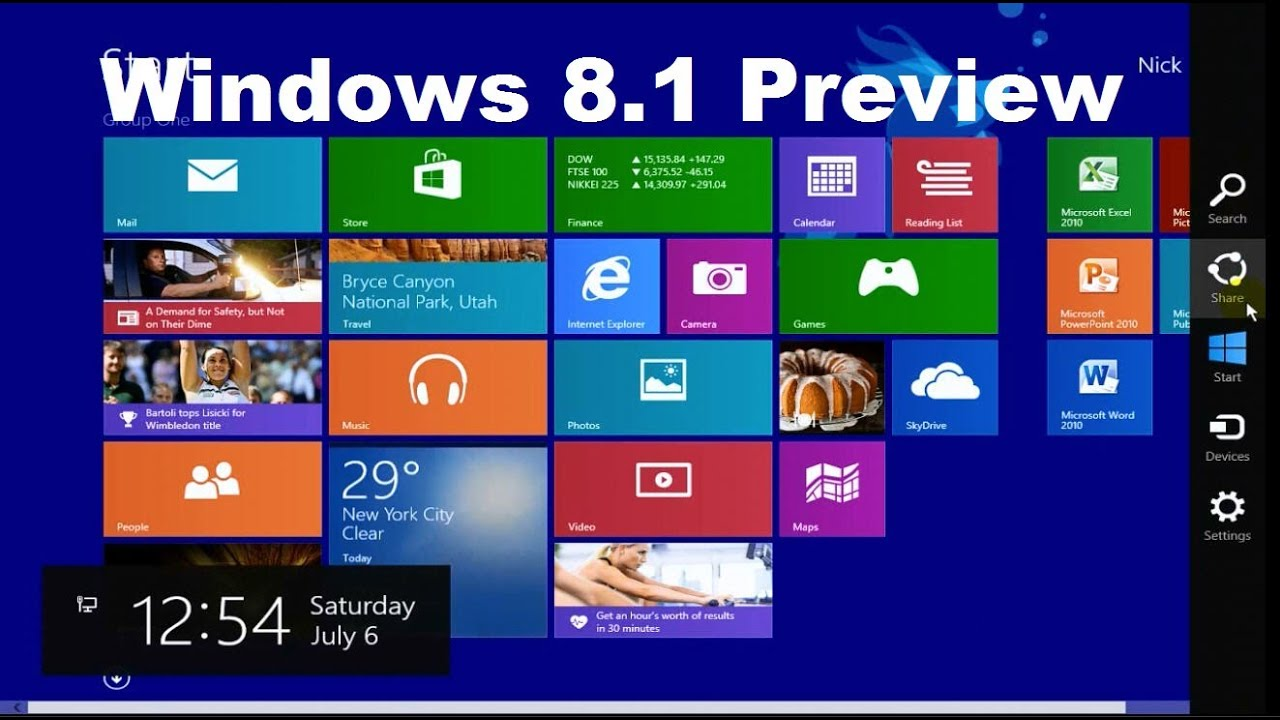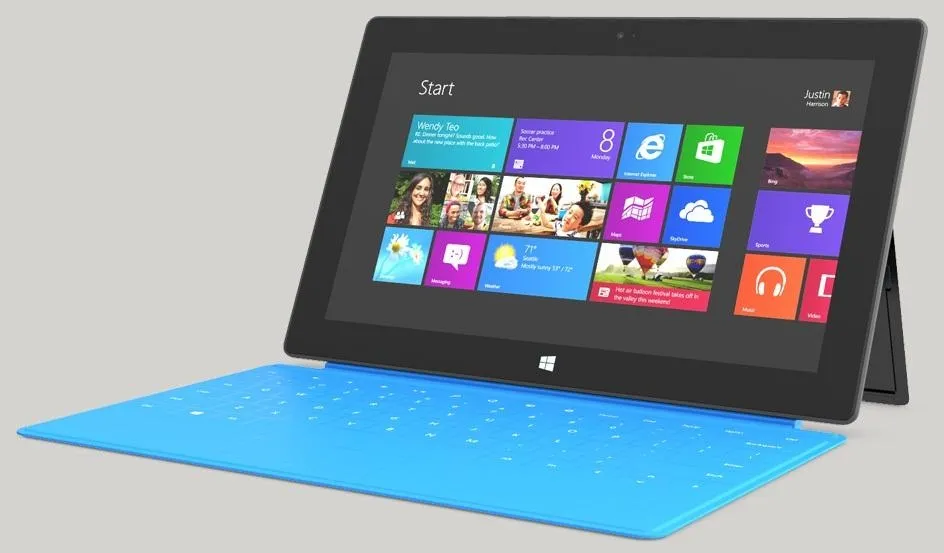The ongoing Apple FBI iPhone case has ignited a fierce debate over privacy and security, drawing attention to the delicate balance between technology and law enforcement. After the tragic San Bernardino shooting, the FBI sought Apple’s assistance in unlocking an iPhone belonging to one of the perpetrators, leading to the contentious legal battle we see today. Apple firmly believes that creating an iPhone backdoor compromises the security of all its customers, raising significant concerns about Apple security. Prominent figures like John McAfee have even attempted to position themselves as potential solutions for the FBI, claiming they can unlock the device without jeopardizing broader privacy implications. As public opinion swirls around whether Apple should capitulate to government demands or uphold its commitment to user privacy, the stakes couldn’t be higher, making this case a pivotal moment for both tech companies and law enforcement agencies alike.
The clash between technological innovation and government authority is personified in the current situation involving Apple and the FBI concerning a locked iPhone. This high-profile legal confrontation has prompted questions surrounding the ethics of digital privacy and the responsibilities of tech giants. With law enforcement pursuing methods to access vital data from the device related to a national security incident, the conversation surrounding iPhone encryption and potential backdoors has never been more relevant. Experts, including individuals like John McAfee, have entered the fray, proposing alternative solutions for unlocking the iPhone without violating overall security principles. As we delve deeper into this complex issue, it becomes essential to understand the implications not just for Apple, but for the broader questions of digital rights in a world increasingly dependent on technology.
The Apple FBI iPhone Case: A Standoff Between Privacy and Security
The ongoing Apple FBI iPhone case showcases the delicate balance between individual privacy rights and national security demands. In the wake of the tragic San Bernardino shooting, the FBI has insisted that Apple unlock the shooter’s iPhone, arguing that critical evidence could be contained within. However, Apple’s staunch refusal stems from a deeply rooted commitment to user privacy. They stress that creating an unlock method for this specific phone could set a dangerous precedent, leading to an overall compromise of security for millions of users. This situation has triggered a heated debate about where law enforcement’s need for evidence intersects with technology companies’ responsibilities to protect their customers’ data.
On the other hand, prominent figures like John McAfee have emerged, claiming they can unlock the device through social engineering techniques without a backdoor solution. While McAfee’s assertion offers a glimpse into alternate methods of accessing locked devices, it also raises questions about the ethical implications of such actions. If Apple were to provide access, it could lead to vulnerabilities that hackers might exploit in the future. The core issue is whether a solution that compromises security for some can ever be justified when the stakes involve the safety and rights of many.
Implications of Backdoors in Technology: A Broader Perspective
The notion of creating a backdoor for iPhones is fraught with ethical dilemmas and security risks. Should tech companies acquiesce to government demands for access, the potential for abuse could become alarming. Backdoors can serve as gateways for malicious actors, and once created, they can be challenging to control. Critics of this approach, including cybersecurity experts, argue that compromising the fundamental security of devices would leave consumers vulnerable to cyber attacks. The implications of such measures go beyond isolated incidents, posing a threat to the entire ecosystem of technology users.
Furthermore, the debate over backdoors isn’t merely about one case; it reflects a larger trend of increasing government scrutiny over technology companies. Instances such as the Apple FBI case underscore why strong security measures are essential for protecting user data. Overreaching demands could pave the way for a culture of surveillance, ultimately undermining trust in technology that has become integral to daily life. As we look at the implications of this standoff, the decision must weigh the need for security against the fundamental rights of users to maintain the privacy of their information.
Public Reaction: Voting on Privacy vs. Security
Public opinion on the Apple FBI iPhone case is decidedly polarized, with arguments both for and against Apple’s stance. Many tech-savvy individuals support Apple in its refusal, viewing the act of unlocking the phone as a betrayal of user trust. They argue that the need for privacy and protection against unjust surveillance outweighs the urgency of law enforcement’s request. This perspective is particularly potent among advocates for digital rights, who fear a slippery slope leading to pervasive access to personal data if companies begin compromising their encryption.
Conversely, some individuals feel that Apple should comply with the FBI’s demands, particularly in light of the potential to uncover valuable evidence related to a national tragedy. Supporters of this view argue that exceptions must exist in cases where lives may be at stake. As debates unfold across various platforms, including comment sections of tech articles, the consensus is highly contested. Users are invited to weigh in with their opinions, which may shape public discourse as the case progresses and potentially influence future legislation regarding privacy rights and technological safeguards.
John McAfee’s Proposal: Unlocking the iPhone Without a Backdoor
John McAfee’s claim to unlock the iPhone for the FBI has ignited discussions surrounding alternative methods to access locked devices without compromising broader security measures. His potential approach emphasizes the utilization of social engineering tactics, suggesting that there may be legitimate pathways to attain this goal that do not necessitate creating a backdoor for Apple. This proposition sparks interest among those who are skeptical of backdoors and advocates for innovative solutions that respect user privacy while allowing law enforcement to perform their duties.
However, the feasibility and ethics of McAfee’s strategy are still under consideration. While he asserts a capability to address the iPhone challenge, questions of authenticity and transparency arise. Furthermore, this proposal may lead to a dangerous precedent where tech-savvy individuals could exploit similar techniques for malicious purposes. As deliberations surrounding McAfee’s promises continue, the complexities of technology security evoke a sense of urgency to find a balanced resolution between privacy advocacy and the pressing needs of law enforcement.
Apple’s Stance on User Privacy: Why It Matters
Apple’s decision to prioritize user privacy plays a significant role in shaping its brand identity and consumer loyalty. By resisting government pressure to unlock the iPhone, Apple showcases its commitment to safeguarding users’ personal information, reinforcing consumer trust in an era of rampant data breaches and privacy violations. The company’s emphasis on security aligns closely with the values of many users who prioritize privacy in their digital interactions, fostering a strong community of advocates who view Apple as a protector rather than a facilitator of governmental surveillance.
In an age where data is often viewed as a commodity, Apple’s ethical stance resonates profoundly with consumers. The implications of facilitating government access to private data are far-reaching and may lead to a decline in user trust across the technology sector. Apple’s investment in strong encryption technologies and a culture of transparency regarding privacy efforts contribute to its reputation as a leader in digital security. This commitment not only serves to boost sales but also shapes the broader discussion around what personal privacy means in today’s connected world.
The Role of Courts in the Apple vs. FBI Case
The judicial system is playing a central role in the Apple FBI case as legal experts weigh the implications of this high-profile battle concerning technology and privacy rights. Courts will be tasked with interpreting laws that may not have anticipated the complexities of modern technology, thus prioritizing the need for justice alongside respect for personal liberties. As such, the outcome of this case could set significant precedents for the relationship between tech companies and government demands, establishing guidelines for how similar cases are handled in the future.
Legal scrutiny will also guide how legislation adapts to the rapidly evolving technological landscape, impacting future privacy rights. If courts side with the FBI, it could signal a troubling shift towards increasing government access to private data, potentially raising alarms among privacy advocates. On the other hand, if the ruling favors Apple, it may solidify the notion that personal privacy in the digital space is inviolable. Whatever the decision may be, the influence of the courts in this landmark case underscores the importance of law in balancing the competing interests of national security and individual privacy.
Potential Consequences of Unlocking the iPhone
Unlocking the iPhone at the behest of the FBI could have many unintended consequences, casting doubt on the security standards upheld by Apple and other technology providers. Many fear that complying with such requests may lead to a dangerous trend where tech firms could be required to unlock devices under duress from law enforcement agencies, risking the safety of countless users. If a backdoor were created for this iPhone, it could serve as a model for future demands, ultimately encouraging more frequent incursions into private data rights.
Additionally, the repercussions may extend to consumer behavior regarding brand loyalty. If Apple were to capitulate, users might second guess their trust in the platform, leading them to explore alternatives that prioritize privacy. Brands that adopt a stronger stance on protecting user data could see a surge in popularity, while those perceived to yield to governmental pressures could suffer reputational damage. As the technology world transitions into increasingly complex societal contexts, the consequences of decisions made in high-profile cases like this one will echo widely and for years to come.
The Ongoing Debate: Encryption vs. Law Enforcement Access
The Apple FBI case epitomizes the ongoing debate between encryption advocates and law enforcement agencies’ access to encrypted data. Proponents of strong encryption argue that it is essential for protecting sensitive information and ensuring the privacy of individuals. This perspective is particularly crucial in a world where cyber threats are rampant, and consumers are vulnerable to exploitation. The potential for government overreach poses a real concern; if technology becomes less secure due to law enforcement demands, individuals would be leaving themselves open to threats and surveillance.
On the other hand, law enforcement agencies stress the necessity of access to encrypted devices to investigate serious crimes and prevent future threats. They often argue that encryption can serve as a shield for criminal activities, obstructing justice and endangering public safety. Striking a balance in this dialogue becomes incredibly complex, as it involves legal, ethical, and safety considerations. As conversations around this crucial topic continue, finding common ground will be necessary to ensure that technological advancements do not come at the expense of civil liberties.
Future of Digital Privacy Post-Apple Case
The outcome of the Apple FBI iPhone case could herald significant shifts in how digital privacy is defined and protected in the future. Should Apple succeed in its stance, it might reinforce stricter evidentiary boundaries regarding personal data and set benchmarks for privacy protections across the tech industry. Such developments could empower users while preserving their rights against undue governmental intrusion, leading to stronger global privacy standards.
Conversely, if the courts compel Apple to comply, it could have a chilling effect, motivating tech companies to reconsider their encryption protocols and security measures. Users may begin to question the integrity of their data, leading to an erosion of consumer trust. The evolution of privacy rights will hinge on the nuances and outcomes of influential cases like this one, marking an important chapter in the dialogue of technology, security, and individual freedoms moving forward.
Frequently Asked Questions
What is the Apple FBI iPhone case and its implications for Apple security?
The Apple FBI iPhone case arose from the U.S. government’s request for Apple to unlock an iPhone involved in the San Bernardino shooting, sparking a debate on user privacy versus national security. Apple refused to create a backdoor, emphasizing its commitment to customer security, raising concerns over the potential implications this would have on overall Apple security.
How does the FBI iPhone unlock request relate to the San Bernardino shooting?
The FBI iPhone unlock request was initiated after the San Bernardino shooting, where investigators sought access to the shooter’s iPhone to uncover critical information. Apple has resisted this request, fearing that complying would compromise their security protocols and set a dangerous precedent for future iPhone backdoor demands.
What is a backdoor in the context of the Apple FBI iPhone case?
In the context of the Apple FBI iPhone case, a backdoor refers to a hidden method that would allow unauthorized access to the iPhone’s data by bypassing typical security measures. Apple has opposed creating such a backdoor, worry it could expose all iPhones to risk and undermine user trust.
What was John McAfee’s involvement in the Apple FBI iPhone case?
John McAfee claimed he could bypass the iPhone security in three weeks using social engineering and other techniques without requiring Apple’s assistance. His involvement drew both attention and skepticism regarding the feasibility and ethics of hacking into the device.
What are the potential impacts of the Apple FBI iPhone case on future tech regulations?
The Apple FBI iPhone case could significantly influence future tech regulations, particularly concerning how companies are obligated to assist law enforcement in criminal investigations while balancing user privacy rights and corporate security policies.
Why is the Apple FBI iPhone case important for businesses regarding user privacy?
The Apple FBI iPhone case highlights the tension between corporate responsibility to protect user privacy and governmental demands for access to information. Its outcome could shape how businesses implement security measures and handle requests from law enforcement.
What stance did Donald Trump take in the Apple FBI iPhone case?
Donald Trump publicly urged Apple to apply ‘common sense’ and comply with the FBI’s request to unlock the iPhone, suggesting that technological assistance should be provided to support law enforcement efforts, despite the privacy concerns raised by Apple.
How has public opinion reacted to the Apple FBI iPhone case?
Public opinion on the Apple FBI iPhone case is divided, with many supporting Apple’s commitment to privacy, while others argue for national security measures that might require access to data on devices like the iPhone involved in critical investigations.
| Key Points | Description |
|---|---|
| US Courts Ruling | The US courts have ruled that Apple must assist the FBI in accessing an iPhone belonging to one of the San Bernardino shooters. |
| Apple’s Response | Apple has refused to comply with the court order, stating concerns about customer security. |
| Supporters of Apple | Supporters include technology critics and security experts, such as Joe Wilcox. |
| Trump’s View | Donald Trump has urged Apple to ‘use common sense’ to unlock the phone. |
| McAfee’s Claims | John McAfee claims he can unlock the device using social engineering techniques. |
| FBI’s Stance | The FBI does not ask for a backdoor but wants Apple to unlock one specific device. |
| Apple’s Defense | Apple has been given more time to prepare their defense against the court order. |
Summary
The Apple FBI iPhone case has become a pivotal legal battle about privacy and security. As the case unfolds, it highlights the ongoing tension between law enforcement demands and consumer privacy rights. Apple’s position to resist the court order reflects a commitment to protect its users’ data, while the FBI’s need for access raises critical questions about the implications of unlocking devices. This case is likely to shape future legal precedents concerning technology companies and the extent of their obligations in assisting law enforcement.


